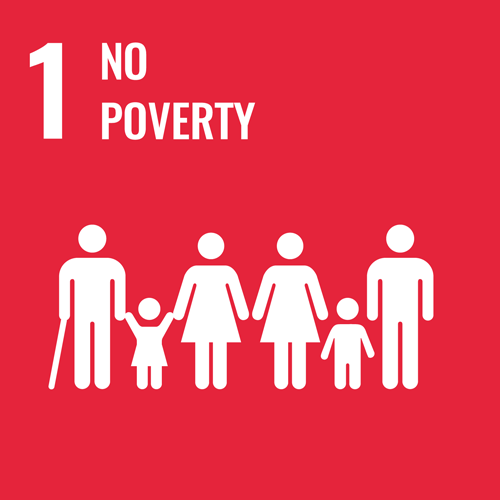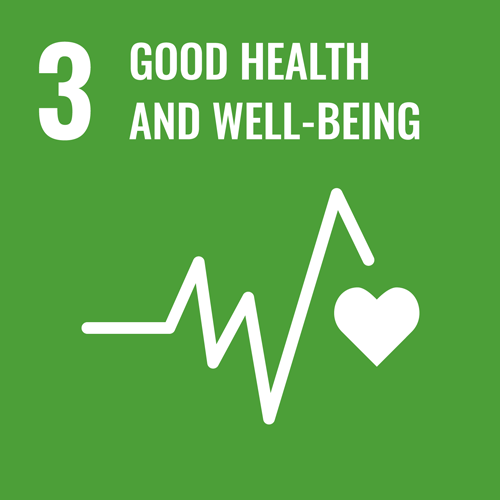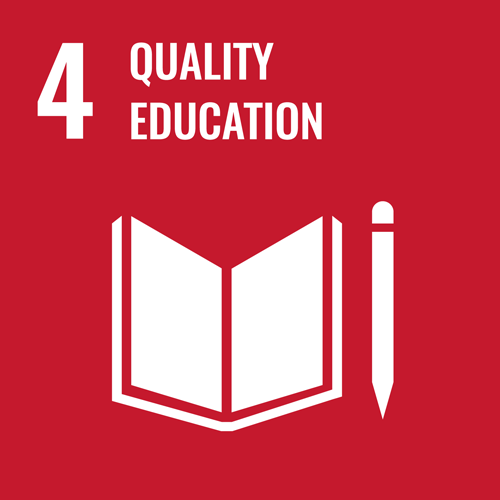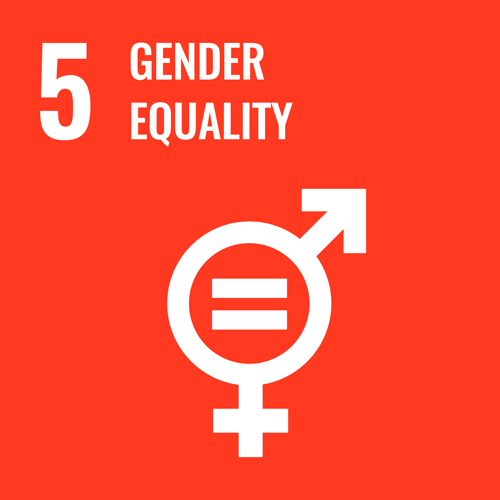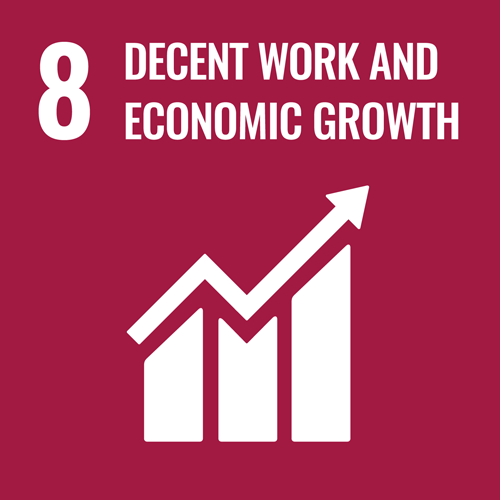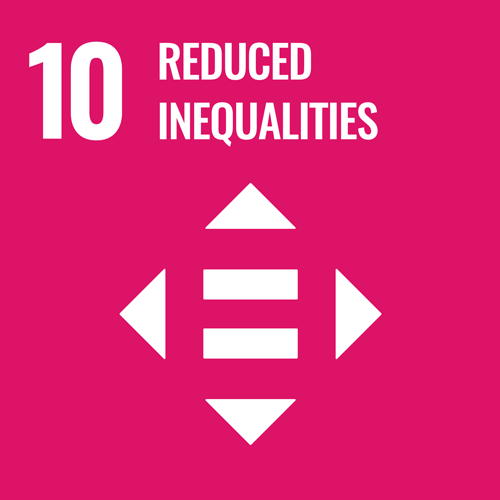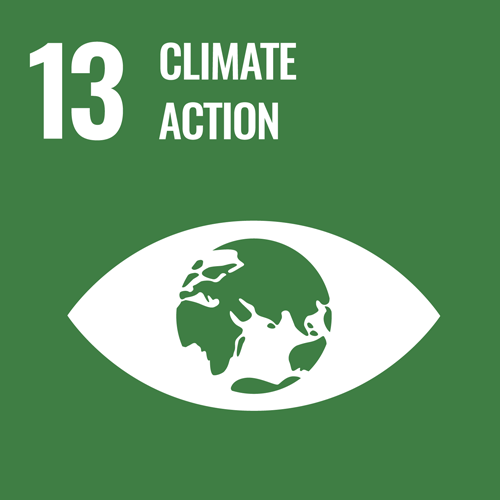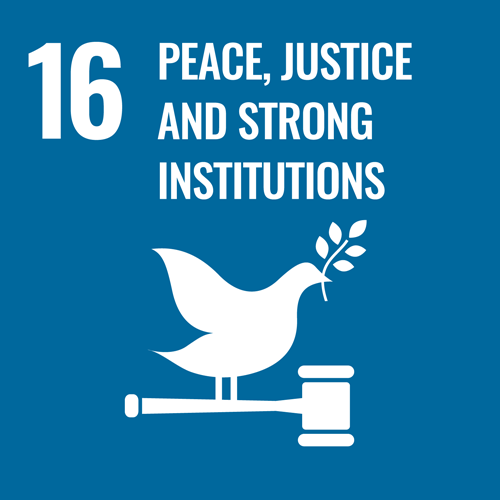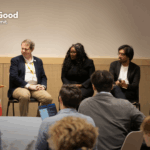
UNICEF works in over 190 countries and territories to save children’s lives, to defend their rights, and to help them fulfil their potential, from early childhood through adolescence. And we never give up.
Description of Activities on AI
Project 1: End-Year Summary Narrative Quality Assurance Tool
End-year reports are important instruments for accountability and monitoring of UNICEF’s ongoing performance for all offices. The En-year Summary Narrative (EYSN) component is posted on UNICEF’s external website, making it accessible to the general public – including through UNICEF’s Transparency Portal (https://open.unicef.org/). It needs to be written in a style and tone that is appropriate, credible, relevant, and understandable for external audiences. It is important to ensure the quality of the report, as well as guarding against the inclusion of statements that may give rise to reputational risk to UNICEF and partners in the public domain.
Collaborating with UNESCWA, UNICEF DAPM is in the process of developing an AI-driven quality assurance tool that can quickly scan the draft EYSN reports and assess the degree of adherence to reporting guidelines, flag any potential reputation risk language, and perform certain editorial check functions. Intending to offer this tool to support offices’ existing review process (e.g. providing initial screening before manual reviews), this tool should help achieve efficiency gain and improve the quality of final reports.
Project 2: AI4D Research Bank
Data gaps hinder the development sector from implementing evidence-based programs for children and other vulnerable populations. Access to updated and high-resolution data would help unlock timely insights for decision making such as vulnerability, economic activity, and environmental conditions. The AI4D Research Bank will leverage various geospatial analytic solutions to help fill in and augment data gaps, scaling poverty estimation efforts and air quality exploratory research, while promoting open science by giving other data scientists access to datasets and machine learning model training references. Access to updated and high-resolution data would help unlock timely insights for decision making such as vulnerability, economic activity, and environmental conditions. The resulting web app is designed for both data scientists and program staff, and will offer a Data Catalogue, a Model Catalogue, and API Functionality to ensure replicability. Funding for this initiative is made possible through the UNICEF Venture Fund, Office of Innovation.
Project 3: Safer Chatbots
Chatbots, including those run by Unicef, often do not detect, or respond to users attempts to seek urgent help with potentially life threatening experiences. The Safer Chatbots project aims to standardise safeguarding mechanisms within any chatbot reaching vulnerable communities, especially those engaging girls and women. Safer Chatbots includes 3 options for chatbot implementers who wish to improve the ability of their chatbot to detect and respond automatically to safeguarding disclosures, for example, messages from users indicating they have experienced or are at risk of serious harm including Gender Based Violence or suicidal ideation. Implementers can take inspiration from tried and tested mechanisms which have been accessibly documented via Implementation Guidelines and piloted by 3 Unicef country offices. Chatbot developers do not have to be running an AI powered chatbot, but one of the options is powered by an NLP model developed and tested by external partners with our support. Mechanisms and guidelines can be implemented on any chatbot-building software but the guidelines have been tailored for those using platforms such as RapidPro, Turn.io and Bothub. By implementing a Safer Chatbot mechanism, chatbot developers can improve the safety of their chatbots users and ensure they get the support they need from appropriate referral services.
Project 4: Spotlight
Spotlight is a project to predict country-level changes in the ACLED data set (events and fatalities) using the news-report event data set GDELT. It will be used to inform the UNICEF Horizon Scan, a monthly process that seeks to identify a short list of countries facing imminent increases in humanitarian need, to support enhanced country office preparedness. It aims to solve the problem of an absence of statistically proven quantitative forecasting inputs related to changes in conflict intensity.
Project 5: UNICEF Venture Fund
Launched in 2016, the UNICEF Venture Fund makes $50k – $100k early-stage investments in technologies for children developed by UNICEF country offices or companies in UNICEF program countries. By providing flexible funding, UNICEF has the ability to quickly assess, fund and grow open-source technology solutions that show potential to positively impact the lies of vulnerable children.
The Venture Fund has made specific calls for solutions that are in the data science and AI space. Specific focus is placed on using satellite imagery or social media to map infrastructure, using natural language processing, generating insights from big data, and curating data from various sources.
In 2021, the fund launched a call for AI & ML solutions to improve access to and delivery of digital services and systems. The RFP proposals for this call are currently being reviewed. In addition, in the coming weeks, the fund will be announcing 2 new investments into
Child Online Safety solutions, both utilizing AI to strengthen children’s skills to stay safe in the digital world.
The Fund has made investments of over $1.4MM to date in data science and AI in Argentina, Brazil, Chile, Guatemala, India, Kenya, Mexico, Philippines, South Africa, and Tanzania. For example, UNICEF invested in Afinidata, which offers a personalized, virtual assistant that guides parents with early childhood development tools for children under the age of six. The company has delivered over 2 million educational sessions. Using machine learning, Afinidata has built a content personalization algorithm which increases the use of suggested content, benefiting over 80k families in Latin America.
Project 6: UNICEF Policy Guidance on AI for Children
The Office of Global Insight and Policy is leading a two-year project to better understand how Artificial Intelligence (AI) systems can protect, provide for, and empower children. Key to this project is the development of a guide for creating and implementing AI policies and systems that protect children’s rights and brings the attention of the public and private sectors to how AI systems impact on children. To develop the guidance over 200 experts have been consulted in 5 regions, and almost 250 children have been consulted on AI issues.
Project 7: UNICEF’s Good Governance of Children’s Data
Since data is a key input into AI systems, the governance of children’s data to ensure child-centred AI is critical. UNICEF developed a Manifesto that sets aspirational benchmarks to guide governments, the private sector and international organizations in developing data governance that take full account of children’s issues and rights. The Manifesto proposes the world we want and aims to address ambiguous or sensitive areas where there are no straightforward answers. To develop this Manifesto, a working group of 17 global experts from the private sector, academia, think tanks and others provided analysis, insights, guidance and comments. They wrote short commentaries examining data governance approaches, evidence, gaps and grey or conflicting areas. A wider group of experts was engaged through convenings, webinars and consultations throughout the year.



